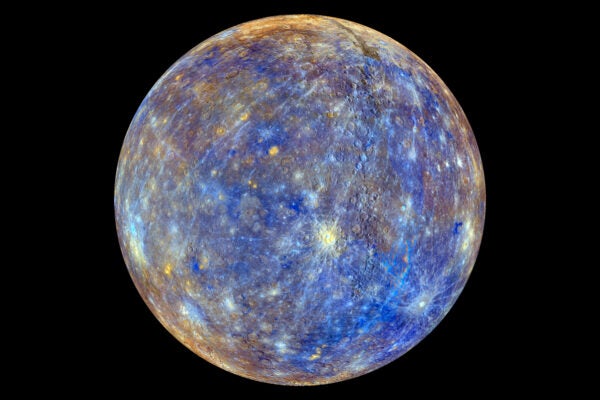The Pharaoh’s Curse or the Pharaoh’s Cure?
A toxic fungus from King Tutankhamun’s tomb yields cancer-fighting compounds.
Take Me Out to the Class Game: Social Stratification in the Stadium
The private boxes for the privileged few in today’s baseball stadiums are nothing new.
Assigned Readings: Questions to Ask Yourself
Choosing texts to assign next semester? An experienced instructor offers tips for deciding what to add to your syllabus—and what to let go.
Disco and Classical Music: A Copacetic Couple
Despite seeming like strange dance partners, disco and classical make the best music—together.
What Happens to Kids’ Learning if Dad Is Incarcerated?
Nearly two million minor children in the United States have an incarcerated father at any given time.
The Roots of Catholic Samba
Since the early days of African enslavement in Brazil, Black Brazilians have cultivated rituals that mix Catholic and African elements in the form of holy Samba.
The Chinese Question in Australia
The local British tried to bar Chinese traders from Australian shipping routes. Louis Ah Mouy, Lowe Kong Meng, and Cheong Cheok Hong had something to say about it.
Lies, Damn Lies, and…Primary Sources?
An instructor shares her approach for teaching students how to evaluate historical materials and claims of veracity made by their originators.
Get Out of Dodge with Cross Reference
This month’s puzzle features a nod to the Second City.









